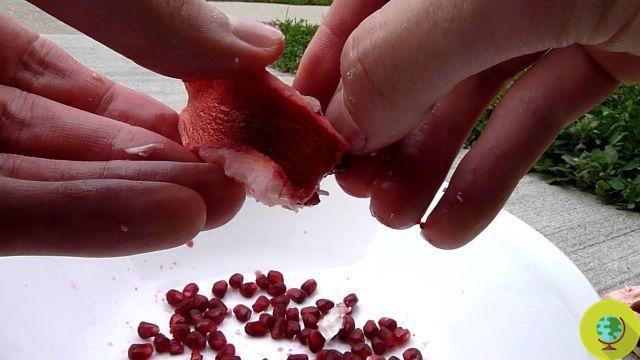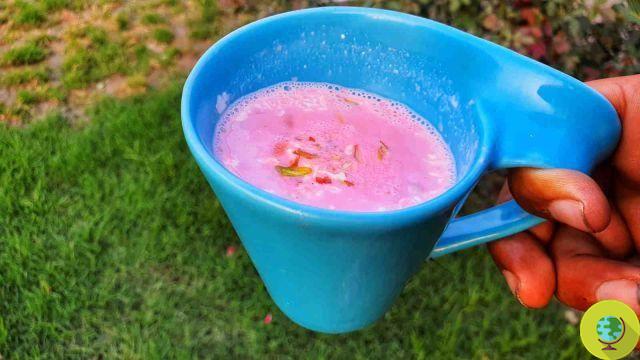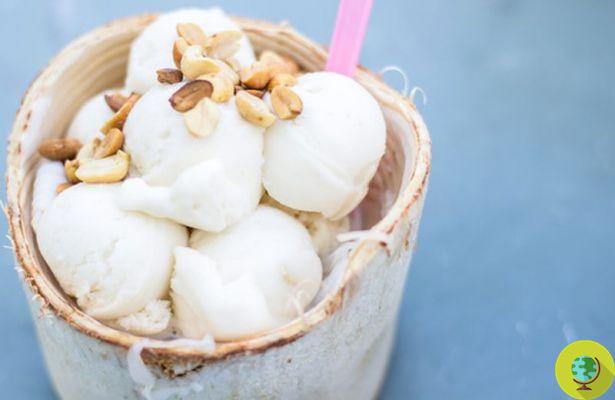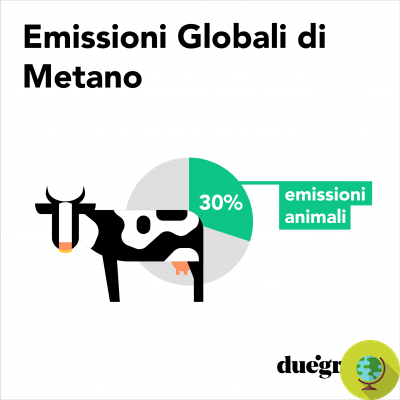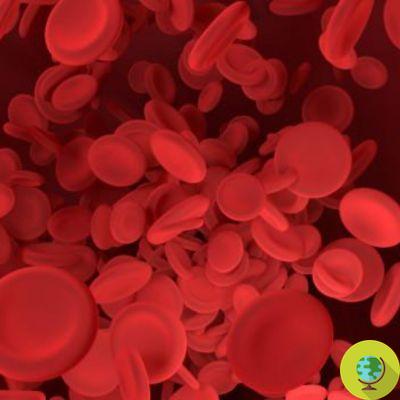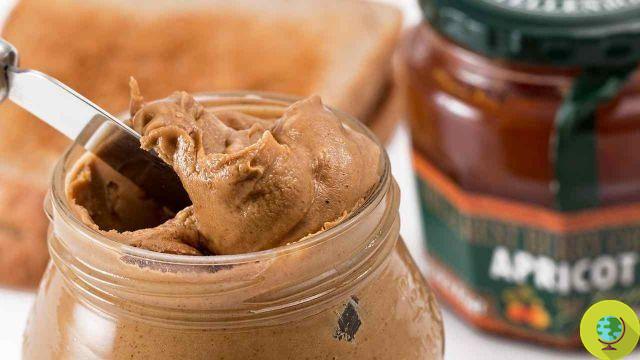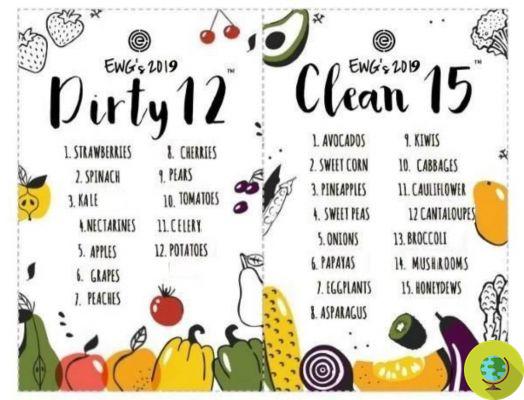
A recent investigation by Greenpeace revealed an inconvenient truth about Lipton, one of the best-selling tea brands internationally. Under the Lipton brand, belonging to the multinational Unilever, tea bags containing traces of 29 different pesticides were put on sale on the Chinese market, in complete violation of Chinese laws and European safety standards.
Don't store avocado like this: it's dangerous
A recent investigation by Greenpeace revealed an inconvenient truth regarding Lipton, one of the brands of tea best sellers internationally. Under the Lipton brand, belonging to the multinational Unilever, tea bags containing traces of ben have been put up for sale on the Chinese market 29 different pesticides, in complete violation of Chinese laws and European safety standards.
Greenpeace bought a few packs of Lipton tea at two stores in March last year Beijing, opting completely randomly for green, black, oolong and jasmine teas. The champions were tested by an independent laboratory, in order to detect the presence of any pesticides. The results turned out to be daunting to say the least and far beyond any negative expectation. Tests revealed that all four analyzed samples contained pesticides in one higher concentration to what is admitted by European standards. In three of them the presence of pesticides banned by the European Union, such as Bifenthrin, which experts believe could interfere with the production of male hormones.
In the opinion of Greenpeace China, Lipton would be taking advantage of unfortunately not strict Chinese directives on pesticides to the detriment of consumers. Some of the pesticides detected in the Lipton tea bags analyzed had already been banned by the Chinese Ministry of Agriculture as well. They understand highly toxic substances such as Methomyl, Decofol and Endosulfan, which could affect our fertility. L'Endosulfan it is considered a real threat to the health of man and the planet and has recently made headlines in the Monsanto case.
Greenpeace reports how, while Lipton allegedly declared its commitment to reducing the chemicals used for tea cultivation, on the other hand it was acting in a diametrically opposite way on the Chinese market. Similar behavior on the part of nine other tea companies had been ascertained in China by the same environmental association. What is now feared is that Lipton-branded products contaminated with pesticides could have reached other countries around the world. Greenpeace requires the immediate reduction of harmful substances used by Lipton and the establishment of greater controls on the quality of the products traded under the well-known brand, in order to guarantee the most complete protection of final consumers.
Read the full report here.
Marta Albè
Animal experimentation: Lipton tea becomes Cruelty free
6 ways to reduce exposure to pesticides







